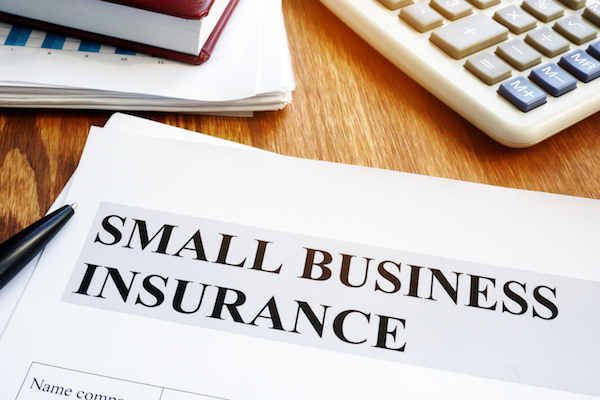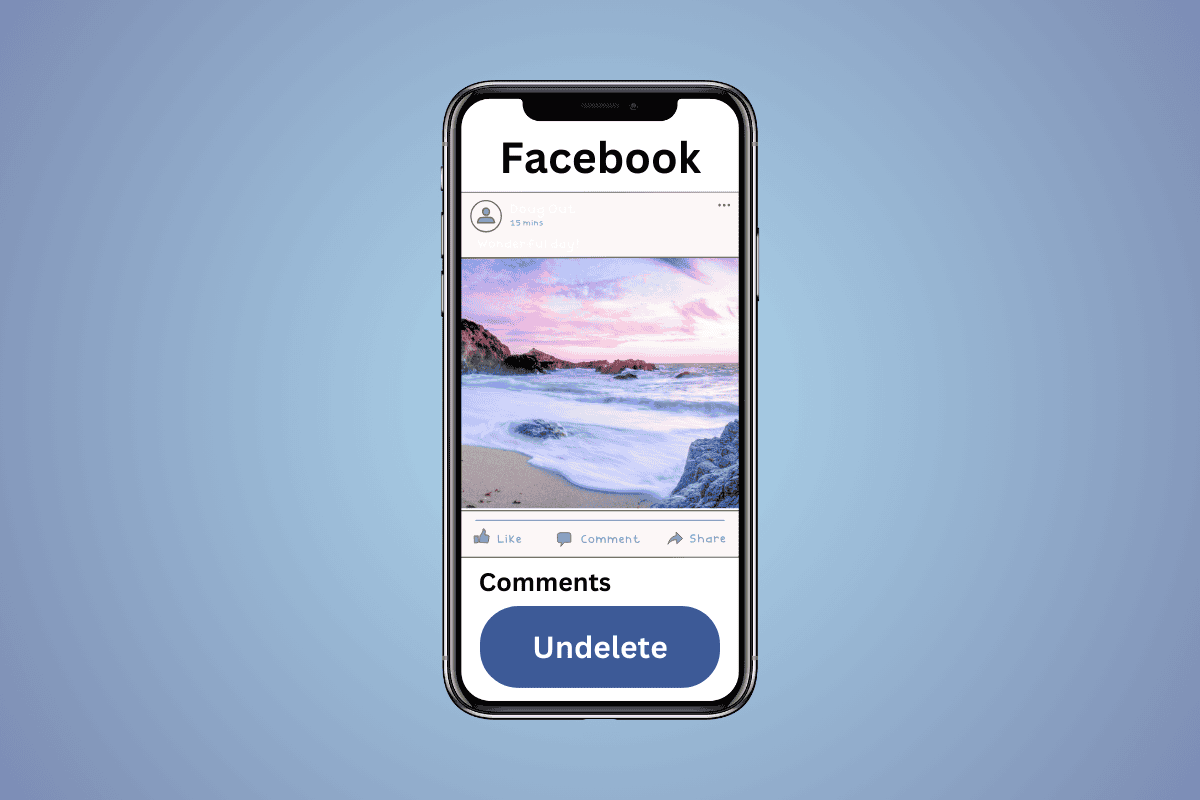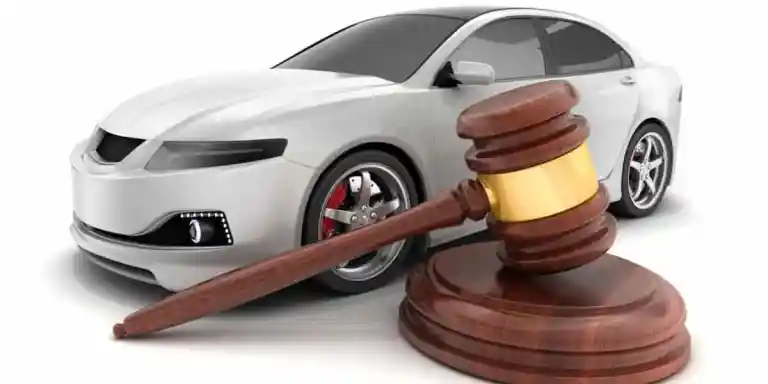
Business insurance offers you protection from the uncertainties of doing business, and it’s something that every small business owner should consider investing in. Small businesses are often the first to face a financial crisis.
The economic downturn has left many small businesses in need of a new source of income, and they are looking for ways to survive. Small business insurance is an important tool that can help you protect your business while giving you peace of mind as you grow your company. Here’s how to find the right small business insurance for your needs.
What Is Small Business Insurance?
There are many types of small business insurance, but all are designed to help you recover financially in case of an accident, injury or another unforeseen occurrence. You may need different coverage depending on what kind of small business you own and what its risks are. For example, if you run a food truck, you will need different coverage than a company that makes video games.
What Is Business Insurance?
Business insurance is a vital part of every small business and nonprofit. With so many choices available, it can be hard to know which one is best for you. Business owners need to carefully review each policy they consider in order to get comprehensive coverage at an affordable price.
Insurance Policies for Businesses
Before you can choose a policy, you need to determine which type of small business insurance is right for you. Policies come in all shapes and sizes, so it’s essential that you take a look at some of these basic types before diving into what’s offered.
Common Types of Coverage
Business interruption coverage: This type of policy provides compensation in case a catastrophic event shuts down your operation. While you’re still able to conduct business in a different location, say, if you were unable to use your shop after an earthquake, you could get paid for lost income.
Inland marine coverage: This covers assets like equipment and inventory—everything that’s not your building or office space—in case of theft or damage.






